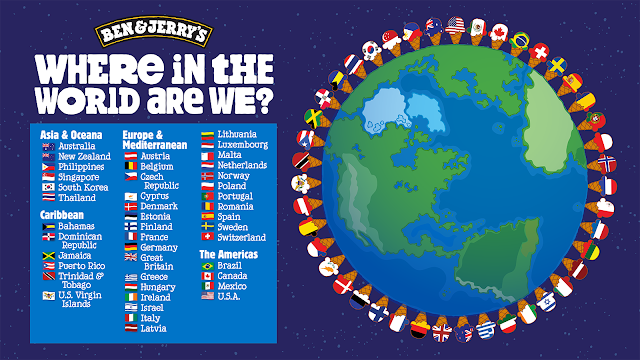Sixties Fan
Diamond Member
- Mar 6, 2017
- 60,463
- 11,476
- 2,140
Because BDS keeps people in Gaza and Judea and Samaria from having normal lives with no possibility for peace with Israel as long as they keep trying to Boycott Israel.Why the rant if BDS is losing?
Neither Gaza nor the PA actually do Boycott anything from Israel.
And too many times, shutting down a factory in Judea or Samaria has only cost the Palestinians the good jobs they had with Jews in Israel, or Judea and Samaria.
The only losers because of BDS have always been and will continue to be the Palestinians who are poor or middle class and try to raise a family and live comfortably as their governments should have helped them, but never did.



